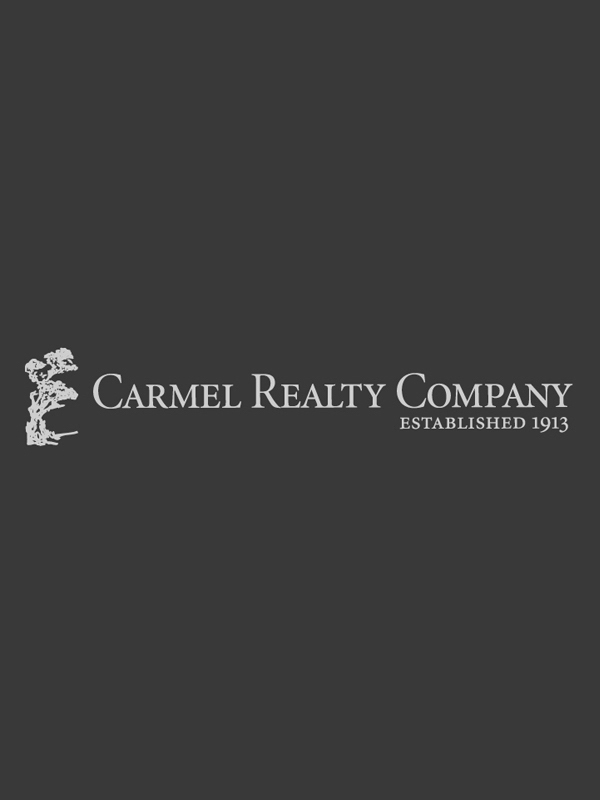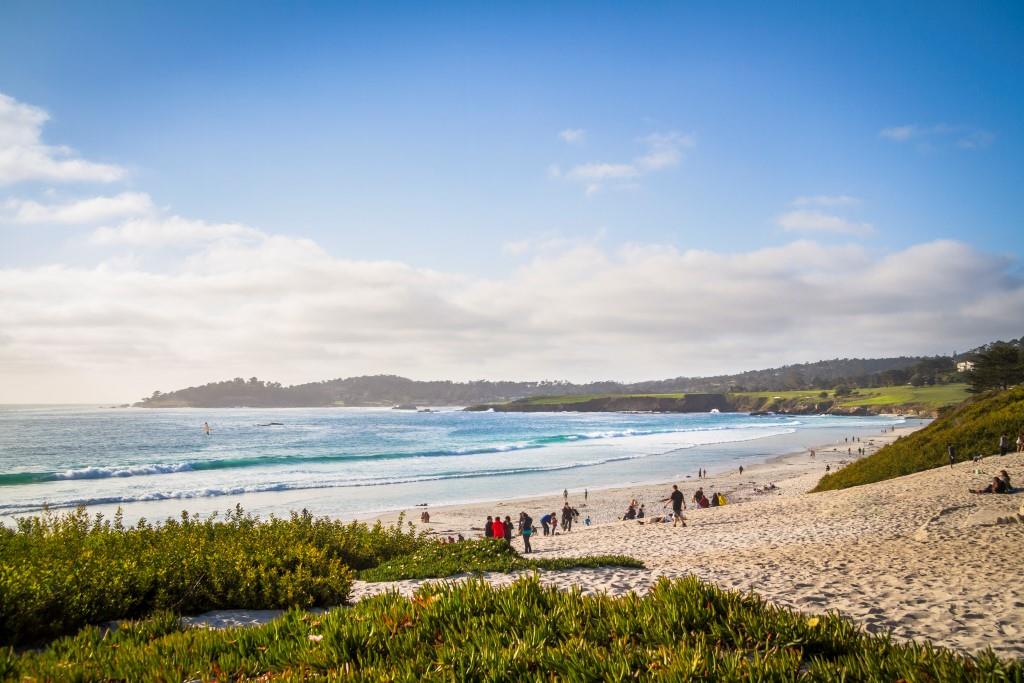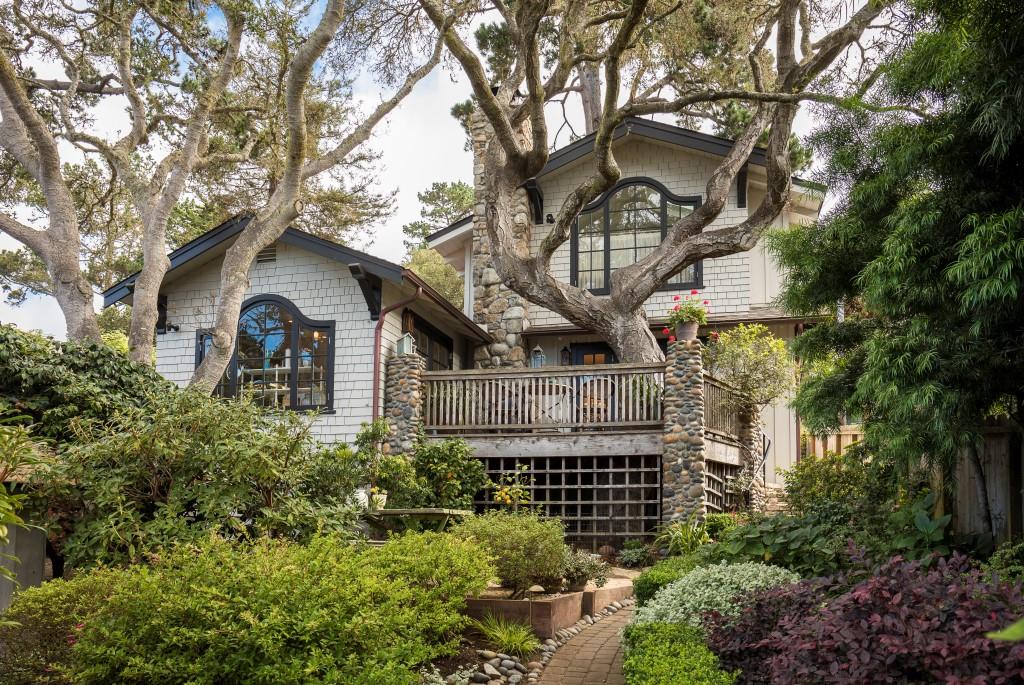A tiny village with a population of less than 4,000, Carmel marks the ruggedly idyllic junction of land and sea. Huddled along Carmel Bay, some 120 miles south of San Francisco, Carmel’s postcard-perfect scenery hosts one of the most opulent real estate markets in the country. The multimillion adobes here blend into the stunning rocky landscape and bear a fairytale, whimsical sensitivity that stretches back to the early beginnings of Carmel.
Carmel, short for Carmel-by-the-Sea, emerged on the map around the dawn of the 20th century, when Spanish explorers set up a mission here. In only a couple of decades, after the 1906 San Francisco earthquake, the township – with its “Carmel Club of Arts and Crafts” – turned into a picturesque enclave for poets, painters and musicians.
“Carmel was founded as a "paradise for the creative spirit" and that holds true today in the varied and majestic architecture in Carmel and [neighboring] Pebble Beach,” said Shelly Mitchell Lynch, realtor and managing director of Carmel Realty Company, the region’s oldest and most renowned brokerage.
The residential architecture of Carmel is distinctly European – a blend of Renaissance glamor and Mediterranean charm. From Spanish colonial homes to Tudor-like cottages, the houses bead a town grid of secret passageways, hidden courtyards and the occasional unexpected fountain. Often adorned with rolled roofs and intricate window rims and shutters, many of the residences do not have street addresses – a peculiarity that dates back to Carmel’s origin.
“Many of the homes simply have names like “Nutcracker,” "Sea-Esta,” “ Cobweb,” "Sanderling,” “Rosebud Cottage ,” "Butterfly House" and many more,” said Lynch, whose family has lived in Carmel for over 70 years, the majority of which it has helmed the billion-dollar The Mitchell Group real estate firm and now Carmel Realty Company .
Lynch described Carmel’s architecture as “inspired, original, unique, natural, organic, sometimes whimsical, and personal.” It fuses disparate Old-World designs to create a place that might as well belong in a storybook. It is the construction materials, however, that give Carmel an aesthetic that is hard to replicate. “The materials serve as a common link to many styles and genres of architecture here in the village and along the coast,” said Lynch. “With so much of the coast resting on granite, we see granite rocks, wood, sandstone, Carmel Stone, and glass to reflect the magnificent ocean views, views framed by Cypress trees and gardens resplendent with succulents, wild sea grasses and wildflowers.”
With so many varied sources of inspiration, the homes in Carmel have naturally formed neighborhoods with a character of their own.
When it comes to finding a home that matches one’s lifestyle to the identity of the community, Lynch advised, “Work with an expert and someone who is experienced in the nuances of the area and can truly listen to what you like to do when you are here and cater the search to your that personal experience.”
Carmel’s residences might each be special interpretations of their surroundings and owners’ preferences but they have at least one thing in common, Lynch said – “ each home exists in Carmel against a backdrop of the most pristine natural beauty combined with an artistic, beautiful, safe, affluent, quaint, sophisticated little village.”
Carmel Realty Company is the exclusive agent representing the Carmel, California real estate market as a member of the Haute Residence Real Estate Network. View more of their listings here.
Images courtesy of Carmel Realty Company









